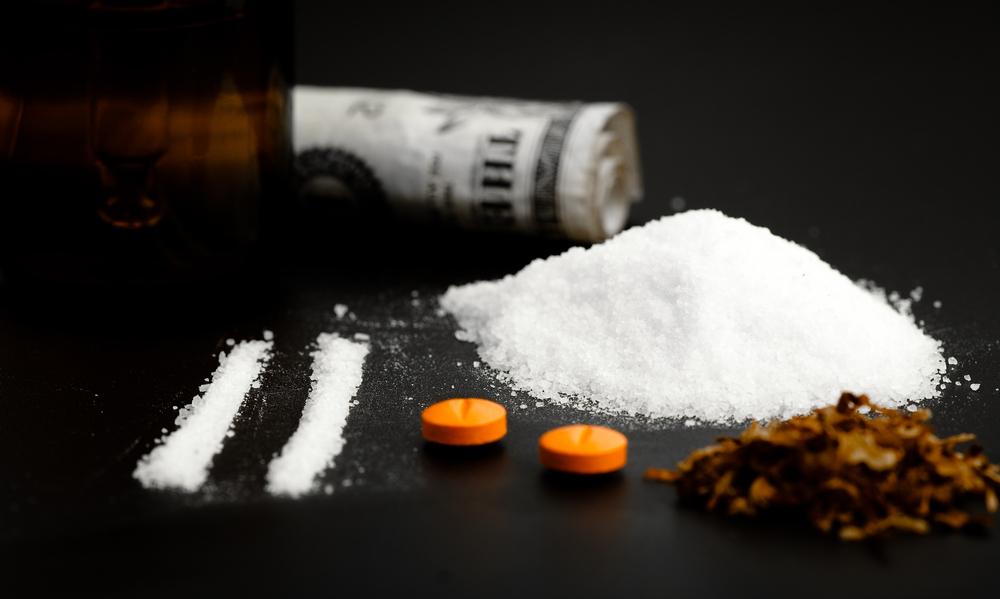 NEWS
NEWS
 NEWS
NEWS
 NEWS
NEWS
![]() The Deep Web was shook to its core last night when news of the FBI’s operation to shut down the notorious online black marketplace Silk Road hit the headlines. The feds announced that following a months’ long investigation, they’d finally arrested Silk Road founder Ross William Ulbricht, better known as Dread Pirate Roberts, charging him with narcotics trafficking, computer hacking, conspiracy, and money laundering, whilst seizing the site’s domain and taking it offline.
The Deep Web was shook to its core last night when news of the FBI’s operation to shut down the notorious online black marketplace Silk Road hit the headlines. The feds announced that following a months’ long investigation, they’d finally arrested Silk Road founder Ross William Ulbricht, better known as Dread Pirate Roberts, charging him with narcotics trafficking, computer hacking, conspiracy, and money laundering, whilst seizing the site’s domain and taking it offline.
The consequences of Silk Road’s shutdown could be massive, with many talking about how the FBI’s operation has finally shattered the myth of the Tor network’s anonymity, while others are claiming that it could spell the end for – or perhaps give a new lease of life – to the digital currency Bitcoin. But less has been written about what happens next for the drug-starved internet users and criminals that relied on the Silk Road to satisfy their vices, buy weapons, fake identities and more.
With the Silk Road no more, the Deep Web community has been left in a state of utter confusion, with vendors cashing out whatever they still can and patrons scratching their heads wondering what to do next. And of course, both dealers and customers might be wondering if they’ve accidentally left any kind of digital clues to their identities behind.
We’ve almost certainly seen the last of the Silk Road, but others will soon emerge to take its place. It may have been the most infamous black marketplace, but it wasn’t the only one lurking in the shadows, as several similar illicit marketplaces have been operating alongside it, outside of the media spotlight.
Until it shut down last week, perhaps the most well-known ‘alternative’ black marketplace was Atlantis, an upstart rival that shut down just last week with its owners citing “security concerns” before quickly shrinking into the shadows.
However, other contenders to become the new go-to online drugs marketplace remain in place, most notably Black Market Reloaded, also known as BMR, which again can only be accessed via the Tor browser. The Daily Dot describes BMR as the “second-most profitable black market on the Deep Web”, noting that it was raking in more than $700,000 a month in profits, according to Backopy.
BMR operates pretty much the same as the Silk Road did, with drugs, ‘services’, weapons, counterfeits and alcohol among its listings, but notably it also sells guns – something that the Silk Road stopped doing following a spate of high profile shootings that hit the headlines in recent months.
A second alternative is the lesser-known Sheep Marketplace that also specializes in illegal substances. Its quite a bit smaller than BMR, but with the Silk Road out of the way it’s likely to see much more custom in the coming weeks.
Not everyone will be hoping that these wannabees can succeed. There are plenty who have celebrated the Silk Road’s demise – for example many in the Bitcoin community viewed the site as a stain on the digital currency’s reputation and will be hoping the news can help to legitimize it. Meanwhile, Tor enthusiasts will likely feel the same way – after all, the anonymous network isn’t just the sole domain of cyber criminals, it’s also a haven for legitimate businesses and political activists in countries with repressive governments.
Even so, the Deep Web and its billion-dollar economy is unlikely to go away anytime soon. It’s too early to say whether Black Market Reloaded or the Sheep Marketplace will assume the Silk Road’s crown, or whether we’ll see something else take its place, but one things for sure – wherever there’s a demand, there’ll always be someone out there willing to supply it.
Support our mission to keep content open and free by engaging with theCUBE community. Join theCUBE’s Alumni Trust Network, where technology leaders connect, share intelligence and create opportunities.
Founded by tech visionaries John Furrier and Dave Vellante, SiliconANGLE Media has built a dynamic ecosystem of industry-leading digital media brands that reach 15+ million elite tech professionals. Our new proprietary theCUBE AI Video Cloud is breaking ground in audience interaction, leveraging theCUBEai.com neural network to help technology companies make data-driven decisions and stay at the forefront of industry conversations.